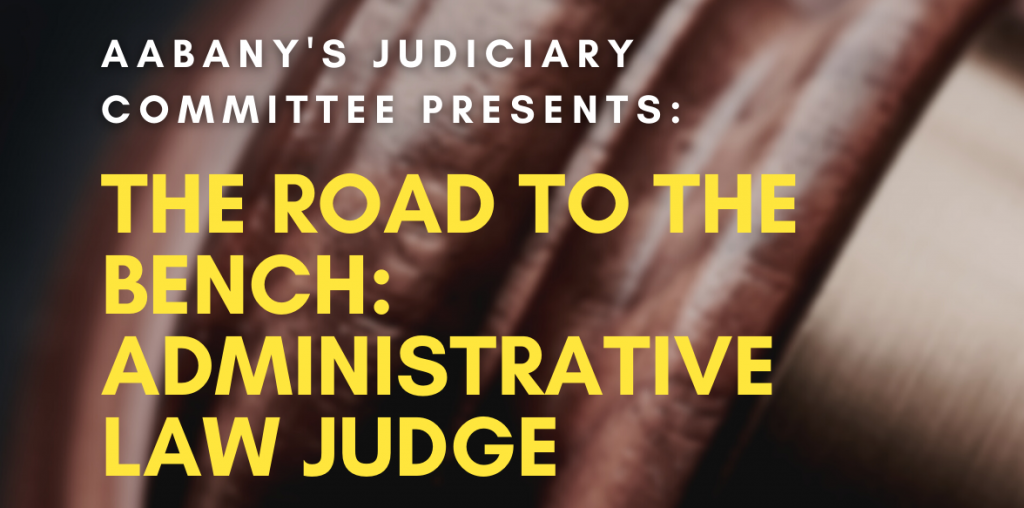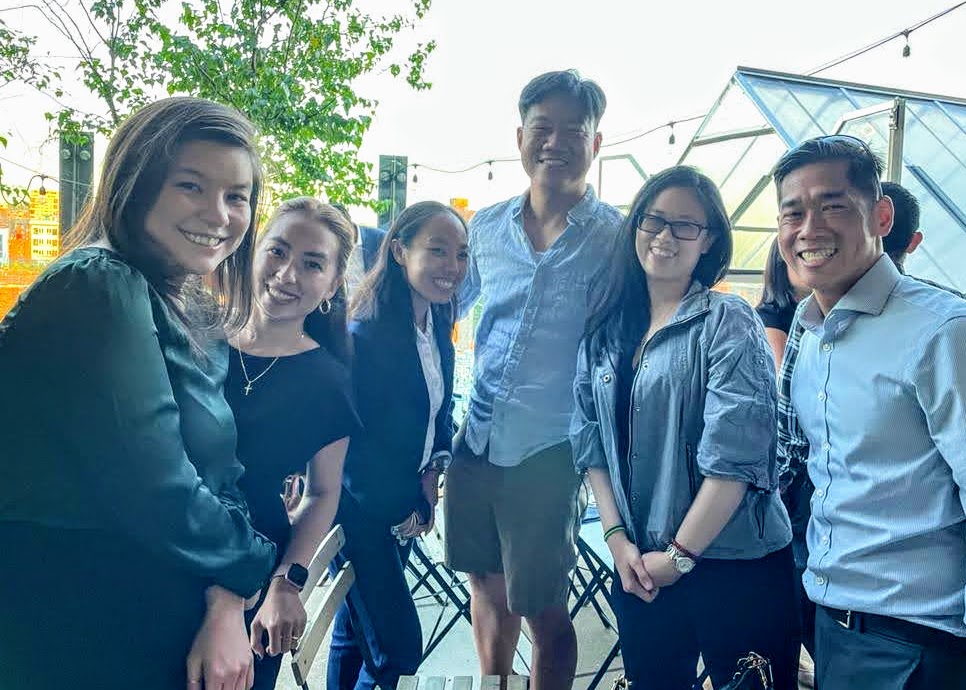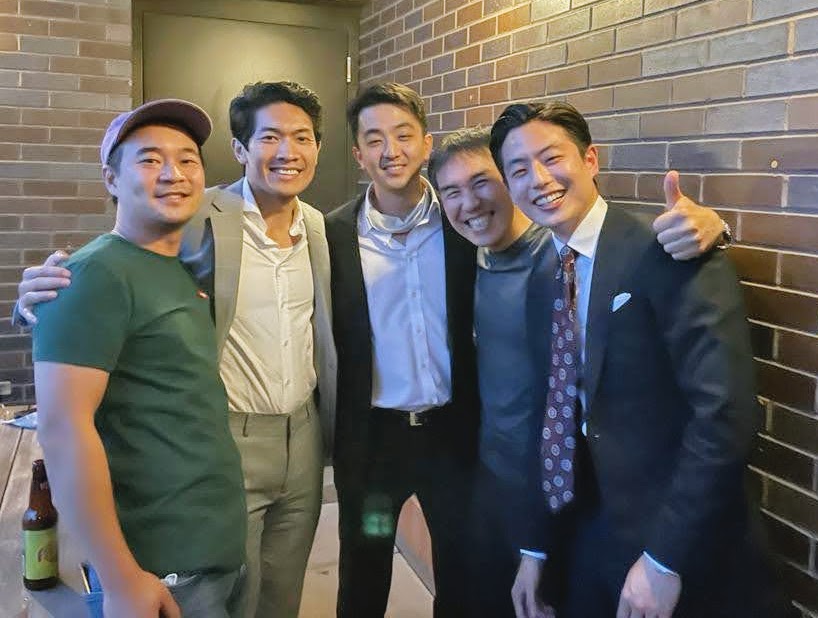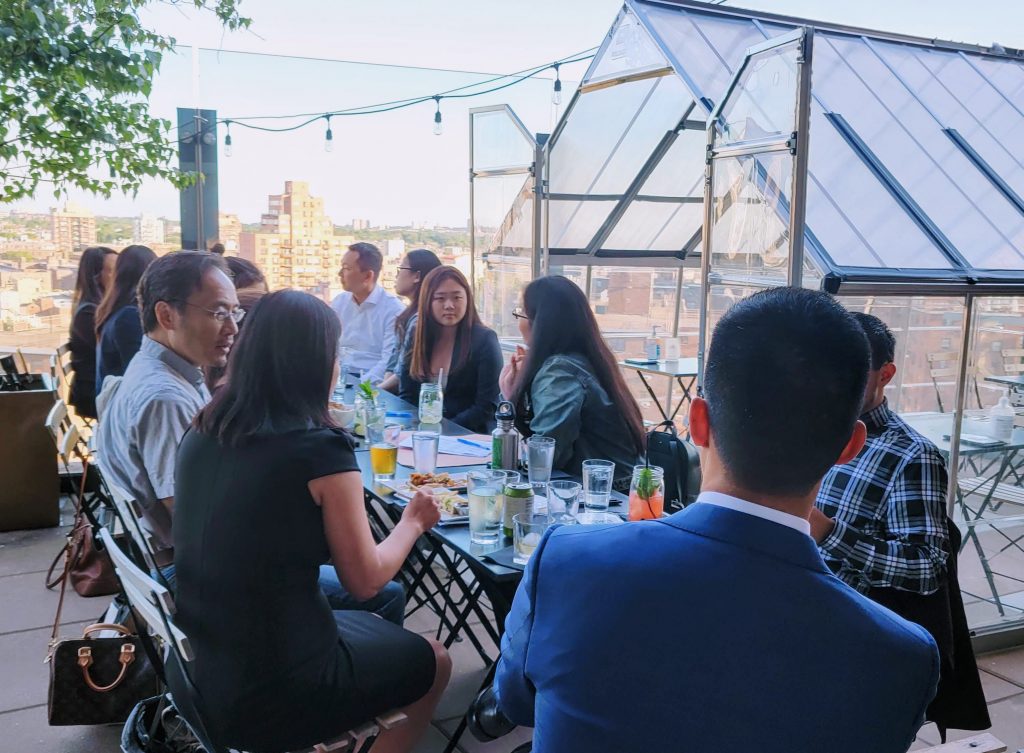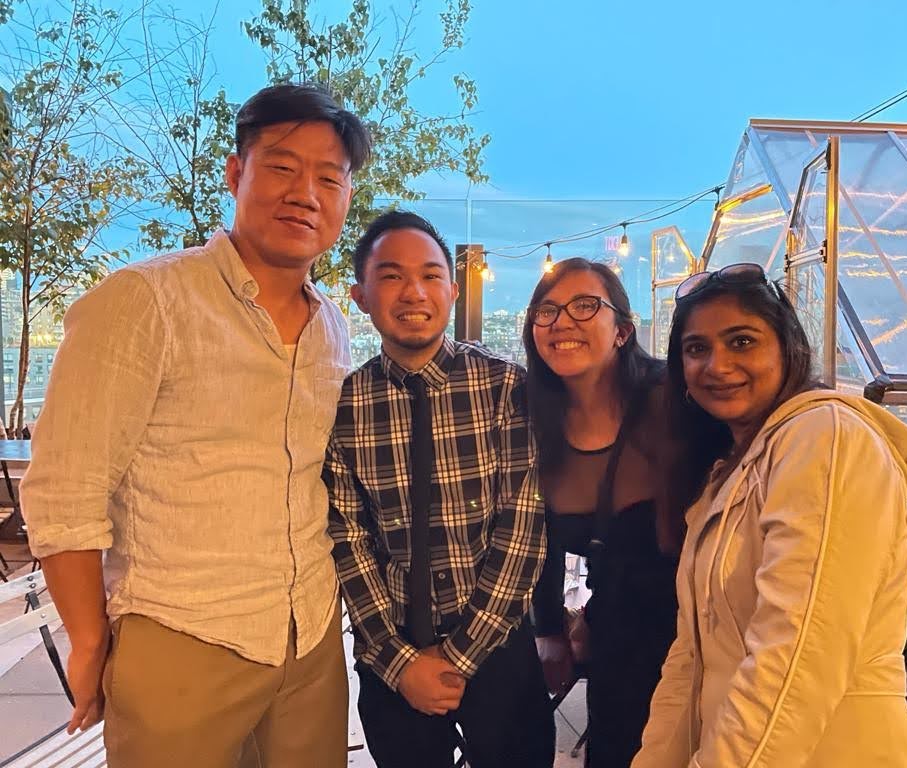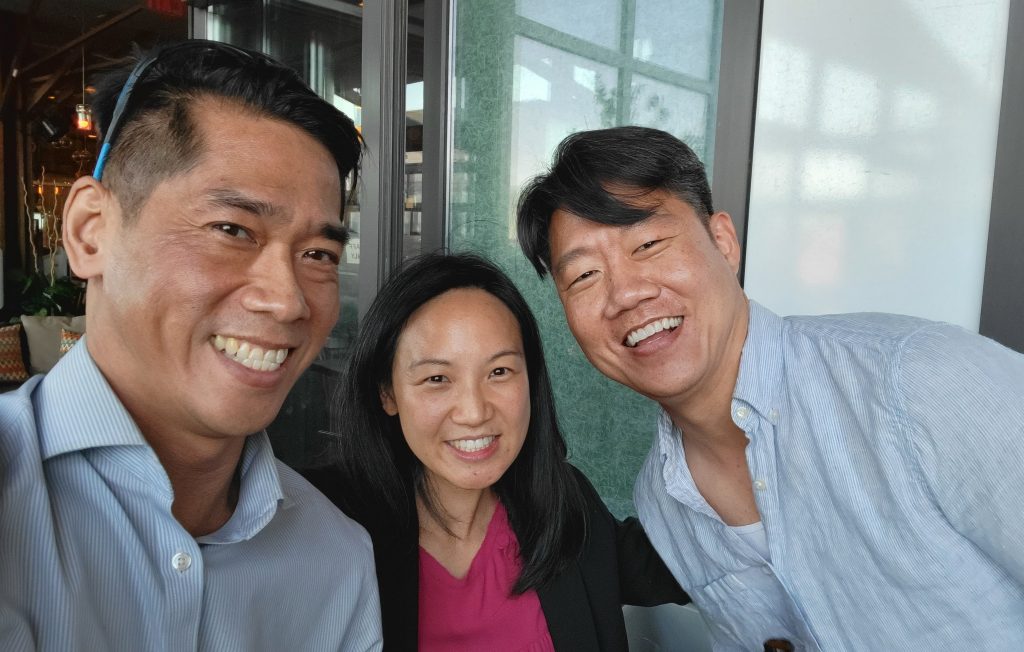For Immediate Release: Date: June 29, 2021
Contact: Edgar Chen, Policy Director
WASHINGTON –The National Asian Pacific American Bar Association (NAPABA), together with the Asian Pacific American Bar Association of Tampa Bay (APABA-TB), the Asian Pacific American Bar Association of South Florida (APABA-SF), the Greater Orlando Asian American Bar Association (GOAABA), and the Jacksonville Asian American Bar Association (JAABA) (collectively, “Florida Affiliates”) filed comments today before the Florida Supreme Court in response to the Court’s April 15 ruling prohibiting the Florida Bar from approving and providing credit for any continuing legal education (CLE) courses employing certain diversity requirements for CLE panels. NAPABA, its Florida Affiliates, and all affiliates across the nation serve to promote justice, equity, and opportunity for Asian Pacific Americans (APAs) and to foster professional development, legal scholarship, advocacy, and community involvement benefiting persons of all colors and backgrounds.
Today’s filing documents the critical need for diversity, equity, and inclusion in CLE programming both in Florida and across the country. As APAs remain underrepresented at nearly every level of the legal profession, NAPABA and its Florida Affiliates urge the Florida Supreme Court to recognize that fostering diversity is an increasingly necessary component to the successful functioning of the American legal system. The submission argues that the Florida Bar’s diversity policies are inclusive and would not exclude any person, perspective, or viewpoint from a CLE program based on race, ethnicity, gender, sexual orientation, gender identity, disability, as the Florida Supreme Court believed, when it described the policy as “tainted by …discrimination.” Instead, as the filing notes, the stated goal of the policy was to eliminate bias, increase diversity, and implement tactics aimed at recruiting and retaining diverse attorneys.
“The National Asian Pacific American Bar Association (NAPABA) values diversity, equity, inclusion, and opportunity for members of the APA legal community and persons from all backgrounds,” said A.B. Cruz III, President of NAPABA. “Meaningful representation, including on CLE panels, is a chance for panelists and participants to recognize that APA lawyers are here to contribute to the advancement of legal education.”
—
“The Asian Pacific American Bar Association of Tampa Bay (APABA of Tampa Bay) is proud to join with our fellow Florida APA bar associations in underscoring the need for diversity, equity, and inclusion in continuing legal education,” said Hannah Choi, President-Elect of APABA of Tampa Bay. “In Florida there are over 760,000 Asian Pacific American residents, yet there is only a small percentage of APA lawyers in the state. In a profession where APAs are underrepresented, diversity, equity, and inclusion matter and benefit all current and future members of the bar.”
—
“For the Asian Pacific American Bar Association of South Florida (APABA-SF), diversity, equity, and inclusion are not merely buzzwords, but are significant and meaningful to the APA community,” said Guy Kamealoha Noa, President of APABA-SF. “As our comments show, APA jurists account for less than ½ percent of all Florida judges. Having diversity on CLE panels presents an opportunity for participants to learn from their peers of different backgrounds and perspectives, and can inspire others to know they too can be leaders in the Florida Bar. I have witnessed APA attendees comment during a panel presentation that they did not know there were any APA judges in South Florida and how wonderful and inspirational it was for them, as APAs, to see an APA judge. Diversity on CLE panels provides real, meaningful impact on the community.”
—
“The Greater Orlando Asian American Bar Association (GOAABA) notes that with anti-Asian hate crimes and hate incidents on the rise across the country, and particularly in Florida, APA voices and faces in the legal community need to be heard and seen,” said Onchantho Am, President of GOABBA. “Florida ranks eighth in the nation for anti-Asian hate incidents. In these critical times, having a diversity of voices on CLE panels helps the legal community come together and be more united.”
—
“The Jacksonville Asian American Bar Association (JAABA) strives to improve representation of APAs in the Floridian legal community,” said Vivile Dietrich, President of JAABA. “Having APA representation in CLEs is just one area where the Florida Bar can do better in terms of raising the visibility of the APAs in the law. The perspectives of APA legal colleagues regarding their career pathways, practice area expertise, and legal issues affecting the various APA communities, promote authenticity, credibility, and knowledge – not only regarding mentorship opportunities for APA attorneys and law students – but also of APA experiences, cultural views, and concerns for those who represent or otherwise wish to engage and foster deeper relationships with APA community members.”
—
“The Filipino-American Lawyers Association of New York (FALA NY) is committed to enhancing the diversity in the profession,” said Ariel Risinger, President of FALA NY. “CLEs are an opportunity to put forth a wide range of perspectives and thought leadership. We strongly support our Florida colleagues in ensuring the profession’s commitment to showcasing the diversity of thought for all generations of lawyers.”
—
“The Asian American Bar Association of Greater Chicago (AABA Chicago) strongly believes that diversity, equity, and inclusion in CLEs benefit the entire legal profession,” said Kristy Gonowon, President of AABA Chicago. “We stand with our sister affiliates in Florida who are fighting to ensure that all perspectives are seen and heard on CLEs.”
Today’s submission is also supported by the following NAPABA affiliate organizations from around the country: the Arizona Asian American Bar Association, the Asian American Bar Association of Greater Chicago, the Asian American Lawyers Association of Massachusetts, the Asian American Bar Association of New York, the Asian American Bar Association of Ohio, the Asian Pacific American Bar Association of Colorado, the Asian Pacific American Bar Association of Los Angeles, the Asian Pacific American Bar Association of Pennsylvania, the Asian Pacific American Lawyers Association of New Jersey, the Chinese American Bar Association of Greater Chicago, the Connecticut Asian Pacific American Bar Association, the Dallas Asian American Bar Association, the Filipino American Lawyers Association of Chicago, the Filipino-American Lawyers Association of New York, the Filipino-American Lawyers of Orange County, the Georgia Asian Pacific American Bar Association, the Korean American Bar Association of Chicago, the National Asian Pacific American Bar Association-Hawaii, the National Filipino American Lawyers Association, the Minnesota Asian Pacific American Bar Association, the Sacramento Filipino American Lawyers Association, the Southern California Chinese Lawyers Association, the Thai American Bar Association, and the Vietnamese American Lawyers of Illinois.
###
The National Asian Pacific American Bar Association (NAPABA) is the largest Asian Pacific American membership organization representing the interests of approximately 60,000 legal professionals and nearly 90 national, state, and local Asian Pacific American bar associations. NAPABA is a leader in addressing civil rights issues confronting Asian Pacific American communities. Through its national network, NAPABA provides a strong voice for increased diversity of the federal and state judiciaries, advocates for equal opportunity in the workplace, works to eliminate hate crimes and anti-immigrant sentiment, and promotes the professional development of people of color in the legal profession.
